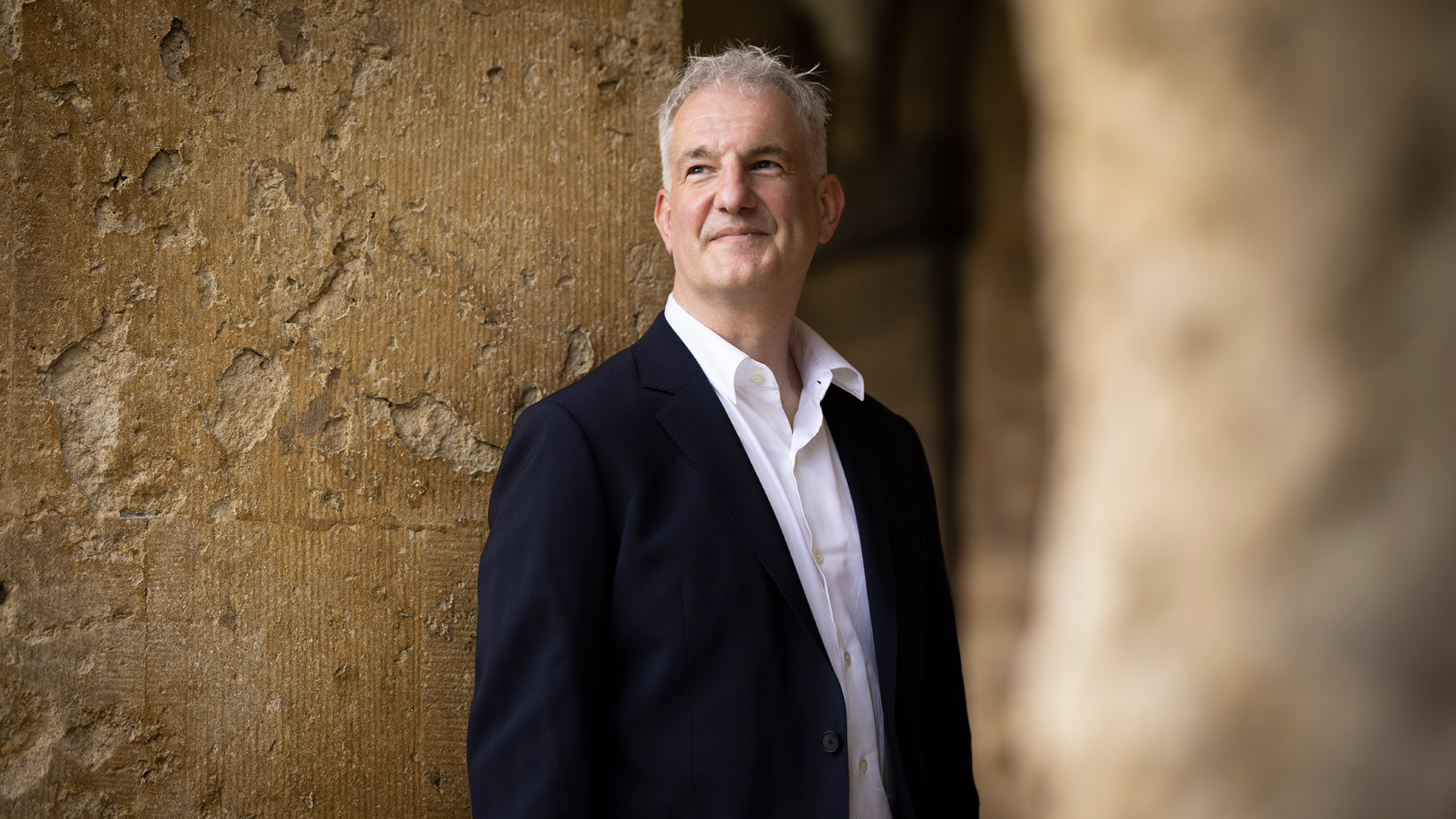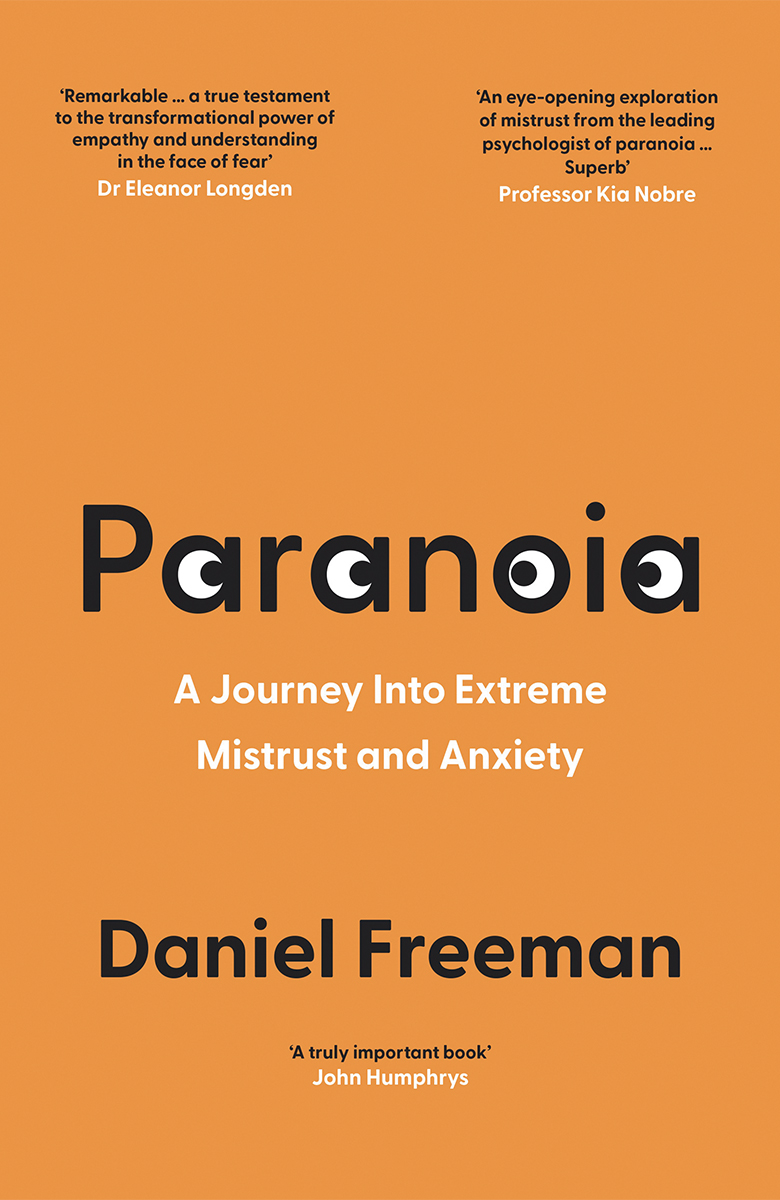On a personal level, paranoid thinking is when we incorrectly view others as deliberately trying to harm us. Habitual mistrust can be stressful and frightening. It warps our sense of the world around us. We see other people primarily as potential threats. We lose the ability to accurately estimate danger.
When I surveyed a representative group of over 10,000 UK adults last year, approximately one in five people were having regular suspicious thoughts, with 5-8% experiencing strong paranoia. For example, 27% said they somewhat or totally believed that someone wanted to hurt them; 27% that there was a conspiracy against them and 30% that it was difficult to stop thinking about people wanting to make them feel bad. They were often very aware that their fears had spun out of control – 17% wanted help to be more trusting of other people, with another 38.7% saying they might want help.
From a social perspective, mistrust can be equally undesirable. It’s highly divisive, encouraging us to see others as adversaries rather than fellow citizens. On a practical level, mistrust undermines collective responses to problems. This was amply demonstrated during the Covid-19 pandemic. People who mistrusted the scientific evidence were much less likely to follow guidance around social distancing, mask wearing and vaccination – thereby putting themselves and others at risk.
But we can’t simply blame sloganeering politicians and the internet echo chamber for our worryingly high rates of mistrust. Research shows that these beliefs are more common in, though certainly not confined to, people who are socially disadvantaged. (Rates of inequality, of course, have been climbing in the UK for decades.) Mistrust thrives on feelings of vulnerability. It is rooted in anxiety about what the future holds.
People who are marginalised in our society are more likely to face adversity – for example, poverty, ill health, and discrimination – and less well placed to cope with it. If you’re constantly facing hardship, it’s unsurprising if your trust in other people weakens.
It’s true, of course, that not everyone has our best interests at heart. Some threats, obviously, are real. We shouldn’t blindly accept whatever we’re told by those in authority. Neither should we ignore real threats to our personal safety. At times we are right to be wary of other people. Every day we must decide whether to trust other people. It’s not always easy: reading other people’s intentions is a tricky business. Paranoia is when we get those judgements clearly wrong.
So how do we put things right? How can we build appropriate levels of trust, with regards both to the people we meet in our day-to-day lives and society at large? These are hugely complex problems – which means no easy solutions. But we’ll get nowhere until we take them seriously.
We urgently need to talk about trust: its importance, the forces that undermine it and the measures we can take to restore it. Because our wellbeing – personal and collective – depends much less on suspicion than it does on the readiness to trust.
Paranoia: A Psychologist’s Journey into Extreme Mistrust and Anxiety by Daniel Freeman is out now (William Collins, £25).
You can buy it from The Big Issue shop on Bookshop.org, which helps to support The Big Issue and independent bookshops.
This article is taken from The Big Issue magazine, which exists to give homeless, long-term unemployed and marginalised people the opportunity to earn an income. To support our work buy a copy!
If you cannot reach your local vendor, you can still click HERE to subscribe to The Big Issue today or give a gift subscription to a friend or family member. You can also purchase one-off issues from The Big Issue Shop or The Big Issue app, available now from the App Store or Google Play










